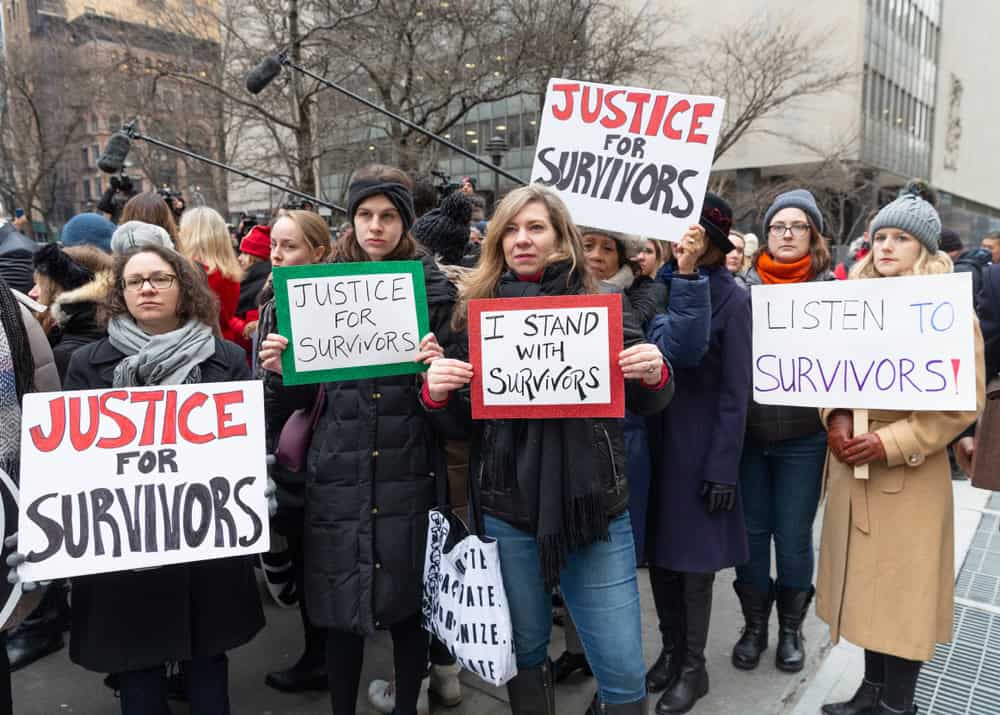Harvey Weinstein’s retrial on rape and sexual assault charges began this week in New York, nearly a year after his 2020 conviction was overturned by the state’s highest court. Weinstein, once a towering figure in the entertainment industry, now faces testimony from three accusers who allege that he used his power and influence to exploit and assault them.
Among those testifying are Miriam “Mimi” Haley, a former production assistant; Jessica Mann, a former aspiring actress; and Kaja Sokola, a new accuser who alleges Weinstein assaulted her in 2006 when she was just 19 years old, New York Post reported. Prosecutors argue that Weinstein leveraged his Hollywood status to manipulate and coerce women into unwanted sexual encounters, while the defense contends that the interactions were consensual and motivated by career ambitions.
Weinstein, 73, appeared in court using a wheelchair and is currently being housed at Bellevue Hospital due to ongoing health issues. His retrial is expected to last up to six weeks and is being closely watched as another significant test for the accountability movement sparked by #MeToo.
While Weinstein’s initial conviction marked a major turning point in the way society views power, coercion, and sexual violence, his retrial serves as a stark reminder that many survivors still face difficult battles for justice — years or even decades after the abuse took place.
At SurvivorsRights.com, we believe it is never too late for survivors of quid pro quo sexual harassment and assault to find out what their legal rights are. Quid pro quo harassment — when a person in authority demands sexual favors in exchange for career opportunities, promotions, or other benefits — is not only unethical but illegal. Survivors who were exploited by individuals in positions of power, like Harvey Weinstein, deserve to know that legal options may still be available to them.
If you experienced sexual coercion in a workplace, entertainment industry, educational institution, or any other setting where someone abused their authority, you may have the right to pursue justice. Filing a claim can bring validation, accountability, and in some cases, financial compensation that helps survivors rebuild their lives.
You are not alone. And you don’t have to carry the burden of silence.
To learn more about your rights and how to take the first step, visit SurvivorsRights.com’s Quid Pro Quo Sexual Harassment Resource Guide. A confidential case review could help you better understand your legal options — with no pressure to move forward unless you choose to.
Justice delayed does not have to mean justice denied.




